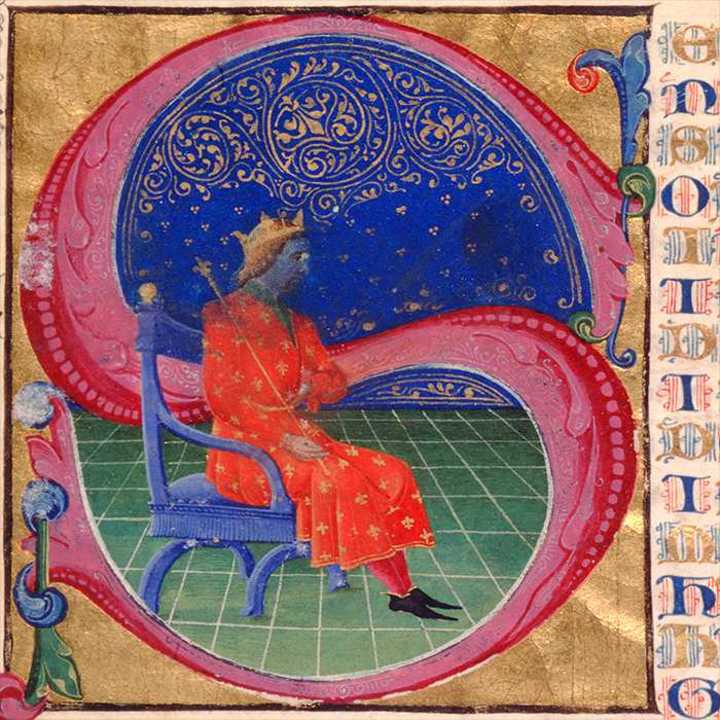"Hungary is an integral and recognised actor of the European cultural life in the historical perspective"
"The Hungarian history of ideas, together with our Eastern heritage, is an integral part of the European Christian history of ideas. We can primarily mention the many Hungarian saints and blessed ones, from the House of Árpád to the present day. Many of them were not only exemplary in their sanctity of life, but also influential in shaping European culture as great thinkers."
Balázs Ágoston's interview with Gyula Klima, Director of the Research Centre for the History of Ideas at the Institute of Hungarian Research, was published in the weekly Magyar Demokrata.
- Where can the Hungarian nation be placed in the history of European ideas? Who shaped Hungarian intellectual history the most?
- Our geographic location gives us the mission: to mediate between East and West, but also to play the not always grateful role of a bastion of defence for the West. It is almost a cliché, but it is a historical reality. The Hungarian history of ideas, together with our Eastern heritage, is an integral part of the European Christian history of ideas. From this point of view, we can primarily mention the many Hungarian saints and blessed ones, from the House of Árpád to the present day. Many of them were not only exemplary in their sanctity of life, but also influential in shaping European culture as outstanding thinkers, starting with St István, canonised by both the Catholic and Orthodox churches.
[...]
For example, Andreas Pannonius was a very important thinker, who had a close relationship with the Hunyadi family and produced a theological oeuvre of European significance. My colleague Csilla Bíró gave a brilliant lecture on him at the conference entitled Hungarian Christian thinkers from the Árpád era to the present day, which was recently organised by our Research Centre.

- What other topics were on the agenda?
- Among many other things, the contribution of Hungarian Catholicism to the mission of the universal Church was discussed, and the Autobiography of Miklós Bethlen, written towards the end of his life, during his imprisonment in Vienna, was also on the agenda, in which the renowned Transylvanian chancellor of the second half of the 17th century discusses very serious philosophical questions about the social behaviour of man, his use of social language and the underlying philosophical problems of the mind. The conference also covered the work of Miklós Vető, a Hungarian-born philosopher from France, professor at several prestigious foreign universities and honorary doctor of several Hungarian universities; the life's work of Antal Schütz, a Roman Catholic priest and Piarist monk, the best-known Hungarian theologian of the first half of the 20th century, secretary of the St Thomas Aquinas Society, and editor of the works of Ottokár Prohászka, Bishop of Székesfehérvár. At the conference, there was a lecture on the oeuvre of the sociologist Vid Mihelics, a prominent representative of the Christian social-Christian democratic movement in the first half of the 20th century, who published outstanding writings on social policy issues. He was also a member of parliament for the short-lived Democratic People's Party, editor of Vigília, Új Ember, Hazánk, and between 1934 and '40 of the Catholic Review. I dealt with Madách, and compared the philosophy of history of his main work, The Tragedy of Man, with that of Saint Augustine.
–- Is there a distinctively Hungarian philosophical worldview?
What is typical of Hungarian Christian thinkers is that - due to historical peculiarities - their historical-philosophical, political approach is more characteristic than their metaphysical, theological reflections. Our main mission is the systematic mapping of the history of ideas of the Hungarians in the Carpathian Basin, the identification of the place and role of Hungarians in the history of European ideas and culture, with a view to the broadest international connections. We focus on the so-called major developments, i.e. the lasting, decisive philosophical, scientific, technical, religious, cultural, artistic nodes, reviewing the significant changes that ultimately brought about decisive transformations in our conceptual systems, social mentality and culture. Since our foundation in 2019, we have organised three scientific conferences, and the lectures of our first conference on the significance of the spirituality of Regnum Marianum will be published in an impressive volume towards the end of the year. As a follow-up to our conference on The Metaphysics and Theology of the Eucharist, held last year in Budapest in connection with the 52nd International Eucharistic Congress, we founded the European Society for the History of Ideas with 26 members. This is a growing network of cooperation between Hungarian and international scholars dealing with the history of ideas in Europe and Hungary, with 75 members on all continents, including teachers and students from Harvard, the University of Oxford, the University of Notre Dame, among others. The society organises an annual conference, and last week we held our second meeting at the University of Lisbon. The results of the conferences are published by Springer, and we hope that the English-language volumes will also be published in Hungarian by the Institute of Hungarian Research."
Read the full interview on the website of the weekly Magyar Demokrata.